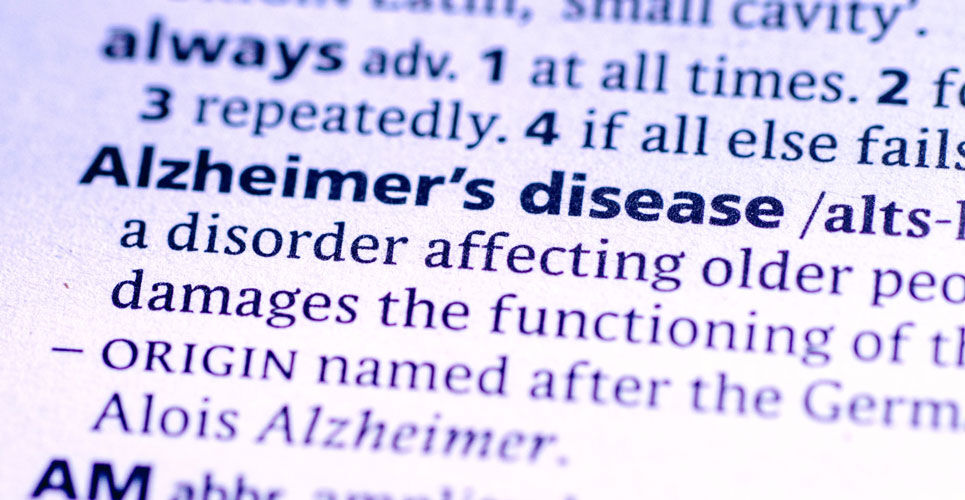The risk of new onset Alzheimer’s disease is significantly elevated among older patients with COVID-19 indicating a potential causative role
Alzheimer’s disease risk appears to be significantly associated with a COVID-19 infection suggesting that the virus might play a causative role in the development of this form of dementia according to the findings of a retrospective study by a team of US researchers.
It has been speculated for many years that infectious agents in the brain have a role in the pathogenesis of Alzheimer disease (AD) and while discarded in the past, several recent discoveries have reignited interest in the infectious theory. For instance, one retrospective study of the electronic health records of 61.9 million adult and senior patients found that those with dementia were at an increased risk for COVID-19 compared to those without it and that the risk was also significantly elevated among those with Alzheimer’s disease. Moreover, genome-wide association studies indicate that a large percentage of AD risk genes are associated with innate immunity and inflammation, suggesting that the immune system plays a critical, and previously unappreciated, role in AD pathology. In addition, follow-up studies of patients infected with COVID-19 have demonstrated the presence of neuropsychiatric symptoms which would suggest that the virus is able to enter the brain. These findings tentatively imply that inflammatory changes due to COVID-19, particularly if these occur within the brain, could increase Alzheimer’s disease risk but this topic has not been studied in any detail. For the present study, the US researchers retrospectively examined the de-identified electronic health records of older adults ( > 65 years of age) without a prior diagnosis of AD. The cohort were then divided into two groups: those with and without a documented infection of COVID-19. The team then examined the subsequent development of AD between the two groups and propensity-matched individuals for demographics, occupational exposure, physical and social and psychosocial environments and known risk factors for AD.
Alzheimer’s disease risk and COVID-19
After propensity matching, the COVID-19 cohort contained 410,478 individuals with a mean age of 73.7 years (53.6% female), the majority of whom (75.3%) were of White ethnicity. Co-morbidities included hypertension (59.4%), overweight and obesity (23%) and type 2 diabetes (30.4%).
After matching, the COVID-19 cohort had a significantly higher Alzheimer’s disease risk (hazard ratio, HR = 1.69, 95% CI 1.53 – 1.72). This risk was elevated in all groups when stratified by age although the highest risk occurred in those aged 85 years and older (HR = 1.89, 95% CI 1.73 – 2.07). Individuals of Black and White ethnicity had a similar level of increased risk (HR = 1.62 and 1.61, for Black and White ethnicities respectively).
The authors concluded that older adults with COVID-19 had an increased Alzheimer’s disease risk although they accepted the limitation of using a retrospective analysis and called for research to better understand the underlying mechanisms and for continuous surveillance of the long-term impact of COVID-19 on Alzheimer’s disease.
Citation
Wang L et al. Association of COVID-19 with New-Onset Alzheimer’s Disease J Alzheimers Dis 2022

